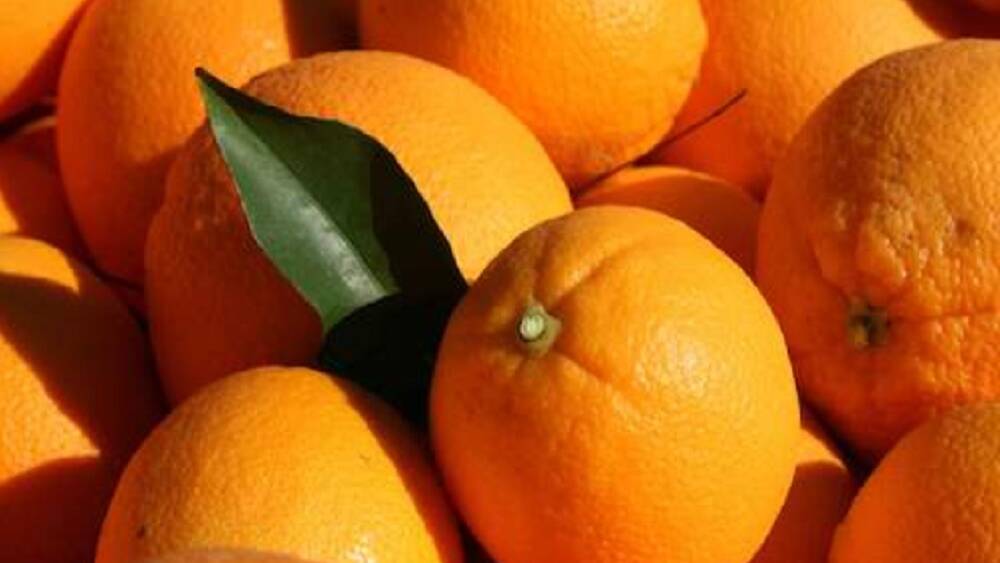How the ‘Vice Economy’ Is Quietly Emptying Gen Z Bank Accounts
The College Investor | 12.11.2025 18:30
- A new “vice economy” is emerging, where social media trends, betting apps, and speculative investing pull younger adults toward instant gratification.
- The ease of mobile gambling and prediction markets has blurred the line between entertainment and finance.
- These habits may be eroding long-term financial security for Gen Z and Millennials, despite rising wages and economic optimism.
For decades, the financial advice was simple: spend less, save more. But for many younger adults today, the message sounds outdated. The culture around money has changed: shaped by social media, the dopamine of investing apps, and an economy that rewards indulgence as self-care.
What once required a trip to a casino now lives on the same phone used to check the weather or send a text. Sports betting, meme stocks, prediction markets, and “little treats” purchased for the sake of a TikTok trend are all part of the same cycle: money exchanged for a momentary rush.
The result is a growing disconnect between financial goals and financial behavior. Gen Z and younger Millennials (groups that entered adulthood amid economic shocks, record inflation, and social-media saturation) are more likely than older generations to describe spending as emotional or impulsive.
A 2025 Filene Research Institute report on “The Vice Economy” found that even as wage growth improved, younger workers reported lower confidence in their financial futures. Nearly half said they struggle to resist impulse purchases or “fun money” spending.
Social Media And The Normalization Of Indulgence
The idea of treating yourself isn’t new but social media has turned it into an expectation. The phrase “little treat” has been used in more than 20 million TikTok posts, according to marketing-trend analyses. It now functions as both meme and mantra: small splurges justified as necessary moments of joy.
A Bank of America survey found that more than half of Gen Zers say they buy themselves a small treat at least once a week. While the cost might seem minor (a $7 coffee, a streaming rental, or an impulse beauty purchase) behavioral economists warn that this kind of routine, emotion-driven spending adds up. Over time, it erodes the small financial buffers that build stability.
I'm not here trying to tell you that not buying the latte will help you afford a home. But not buying a latte 3x per week will definitely put $100 back into your bank account every month. That's $1,200 per year. That's one-third of the investment you'd need to make as a 22 year old to become a millionaire.
The cultural feedback loop is powerful: influencers post their treats as aspirational content, brands capitalize on the trend, and young consumers feel justified in spending even when they’re financially strained. This “feel good now” cycle has become one of the defining features of post-pandemic consumption.
Sports Betting Boom In Your Pocket
While small treats chip away at savings gradually, the new frontier of the vice economy is far more aggressive. Since the 2018 Supreme Court ruling that allowed states to legalize sports betting, gambling has exploded across the U.S., largely through mobile apps.
TransUnion reported that betting activity among consumers rose to 30% in 2025, up from 25% a year earlier. Among Millennials, participation was 42% and for Gen Z it was 34%. The vast majority of this activity now happens on smartphones.
Online sportsbooks, fantasy leagues, and casino-style platforms market heavily to younger men, often using the same influencer-driven channels as lifestyle brands. Analysts have found that states with expanded sports betting saw increases in bankruptcies and declines in credit scores among younger users.
Ten years ago, you had to walk into a casino to lose $500. Now you can do it anytime, anywhere.
The normalization of gambling (combined with constant accessibility) has made it one of the fastest-growing drains on disposable income for younger adults.
Prediction Markets And The "Financialization" Of Gambling
The vice economy isn’t just about betting on sports or buying small luxuries. Increasingly, it’s about the gamification of finance itself.
Prediction markets (platforms that let users wager on everything from elections to Federal Reserve rate decisions) have surged in popularity. In 2025, Robinhood launched a prediction-market feature in partnership with Kalshi, allowing customers to trade on political and economic outcomes.
Robinhood, which once promoted itself as a tool for democratizing investing, has been aggressively entering the space, with new launches in sports and even the election.
The appeal is clear: the interface looks familiar, it feels like investing, and gains are thrilling. For many young users, these products blur into the same category as stock trading — a quick, gamified way to make money.
But the risk profile is entirely different. Where investing rewards patience and compounding, prediction markets and short-term speculation are built on volatility and emotion.
What This Means For Financial Stability
The consequences are starting to show:
- Thinner emergency funds: Younger adults are more likely than previous generations to have less than one month’s expenses saved in an emergency fund, according to Pew Research.
- Delayed wealth-building: Many who gamble or trade for short-term gain divert funds from retirement accounts or long-term investments.
- Emotional fatigue: The cycle of impulse, guilt, and rationalization can heighten money-related stress, especially among those already carrying debt.
Consumer advocates warn that while these behaviors might seem harmless individually, the cumulative effect is a generation more exposed to financial shocks.
The Bigger Picture
The vice economy didn’t appear overnight. It grew from a convergence of technology, marketing, and cultural exhaustion. For a generation raised on financial uncertainty, indulgence and speculation can feel like control - small acts of agency in an unpredictable world.
But as those small acts accumulate over time, they reshape the financial foundation of millions of households. Whether through a $10 latte, a $50 parlay, or a “just-for-fun” meme trade, the result is the same: less saved, more risk, and a generation spending their future for the comfort of the present.
Don't Miss These Other Stories:









